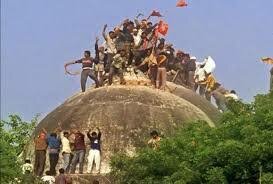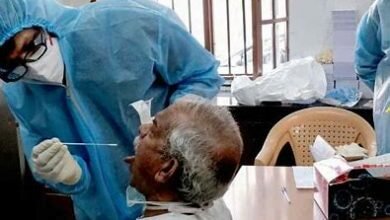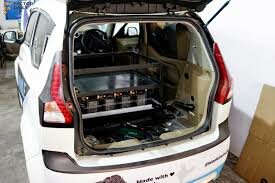All accused acquitted in Babri-demolition case
The much-awaited verdict of the Babri Masjid demolition case came on Wednesday. A special court in Lucknow delivered the judgement acquitting all the accused.

All accused acquitted in Babri-demolition case
Lucknow: The much-awaited verdict of the Babri Masjid demolition case came on Wednesday. A special court in Lucknow delivered the judgement acquitting all the accused.
The court said that all 32 accused in the Babri Masjid demolition case acquitted. The demolition was not pre-planned, it was a spontaneous act. The verdict was delivered by the CBI judge SK Yadav.
The accused include former deputy prime minister Lal Krishna Advani, former Union ministers Murli Manohar Joshi and Uma Bharti, former Uttar Pradesh chief minister Kalyan Singh, Vinay Katiyar and Sadhvi Rithambara.
Kalyan Singh, during whose tenure as chief minister of Uttar Pradesh the disputed structure was demolished, was put on trial in September last year after his tenure as governor (of Rajasthan) came to an end.
The CBI produced 351 witnesses and 600 documents as evidence before the court. Charges were framed against 48 people. However, 17 of them have died during the course of trial.
The trial under the serious criminal conspiracy charges commenced against them after having been dropped by the trial court in 2001. The verdict was upheld by the Allahabad High Court in 2010, but the apex court ordered restoration of the conspiracy charge against them. The apex court ordered daily hearing of the case and directed the special judge to conclude it in two years.
All accused acquitted in Babri-demolition case
The CBI argued that the accused conspired and instigated ‘kar sevaks’ to demolish the 16th century mosque. But the accused pleaded innocence maintaining that there is no evidence to prove their guilt and claimed they were implicated by the then Congress government at the Centre as a political vendetta.
The Babri Masjid was demolished in December 1992 by kar sevaks who claimed that the mosque in Ayodhya was built on the site of an ancient Ram temple.






